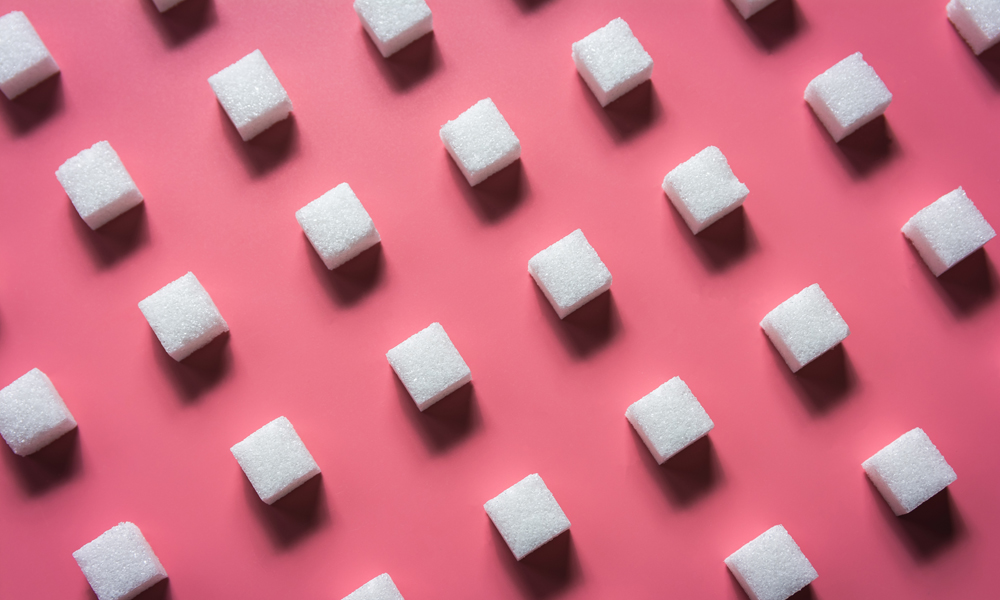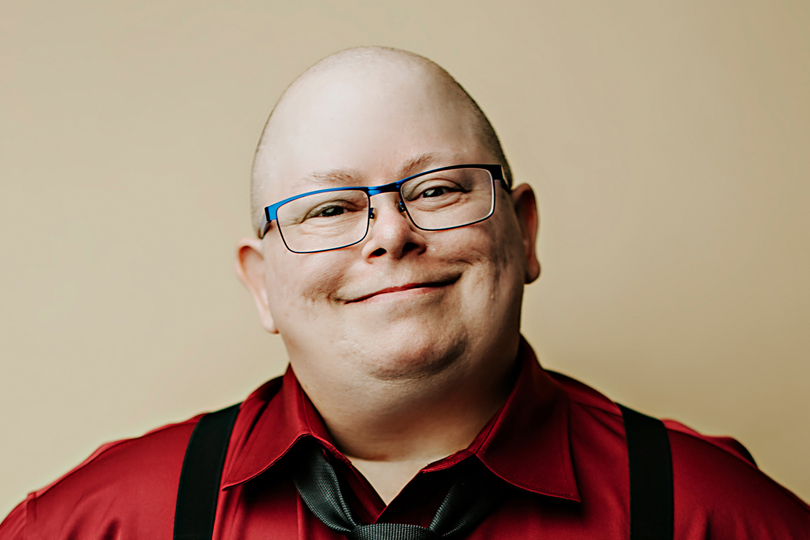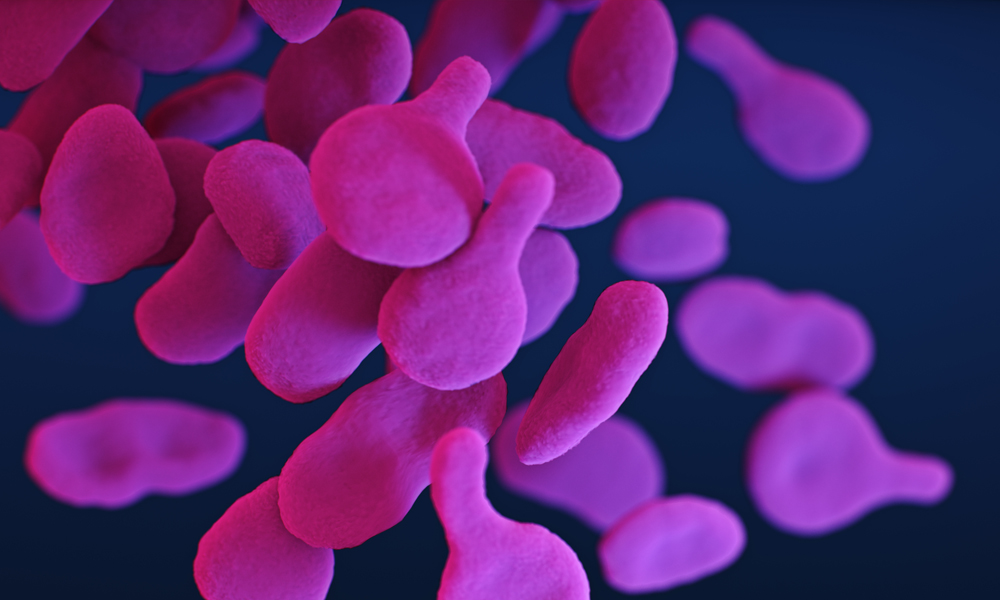One of the common addictions? Sugar. The sweet stuff has been compared to drugs—here’s how to break your habit…
That heady rush. There’s no denying it feels fantastic…that is, until you start to come off of the high—which may have you clamouring for another hit. No, it’s not drugs we’re talking about, but rather an addiction too many of us have: sugar. The average Canadian consumes 88 pounds of sugar annually, which translates to about one in every five calories we consume. This is much higher than the World Health Organization recommendation to limit sugar to less than 10 per cent of our daily calories.
Nutritionist Sherry Strong knows sugar addiction well. When she was a chef, she admits to thinking she had a licence to eat sugar, and as a result doubled in size. Fed up with feeling flat, fat and depressed, she decided this was not how life was meant to be and got off the sugar roller coaster. The Vancouver-based founder of the nutrition company Return to Food now helps people develop a healthy relationship with food, including programs to get you off sugar. We checked in with her to get her insight on breaking sugar addiction.
What are a few signs you’re addicted to sugar?
There are many different symptoms. Anything from feeling flat and depressed and tired to experiencing that 3 pm slump—if you’re always thinking about something to eat, or if you’re experiencing brain fog, for example.
Are there ways we consume sugar without even realizing it?
Yes, it’s not just eating a sweet treat like cake or ice cream. There are lots of ways of getting sugar into the body with savoury foods. No one thinks beef jerky is a sweet treat. They think, ‘Oh, I’ll eat this beef jerky to control sugar cravings,’ but some of them include 33 per cent refined sugar. Smoothies at juice bars, too. How they can make some of those smoothies so cheap is because 60 to 70 per cent of it is juice from concentrate. Sure, they can add greens so it looks green and healthy, but mostly that smoothie is just sugar.
What’s the first step in dealing with sugar addiction then?
Certain things trigger our sugar consumption, so it starts with awareness of what is triggering us. This is as important as how much sugar we are eating. It may be stress at work, certain people in our lives, or even reading crime novels. I have had clients addicted to crime novels and reading them created unrest within themselves. They didn’t make the connection at first, but they were eating sugar to compensate for the discomfort that came from reading these books.
So how would you recommend starting to consume less sugar? Should one go cold turkey?
I don’t recommend going cold turkey to give up sugar. There’s only one per cent of the population who can go cold turkey. We have a process of identifying where you are malnourished mentally, spiritually, emotionally and physically. For someone approaching this on their own, I’d recommend focusing on eating things that are seasonal, local, organic and whole—think of the acronym SLOW. Bring into your diet foods that fit that criteria and aren’t processed, and you will start to nourish the body.
But since we need sugar to survive, how do we balance it out?
We don’t need sugar to survive. We need food to survive. What we need are nutrients—vitamins and minerals and phytonutrients. And the nutrients we need are also carried with sugar. Sugar is nature’s way of delivery, to ensure we eat the fruit that delivers those nutrients we need. Obviously we need a certain amount of energy to run efficiently, but a paradigm shift needs to happen. We do not need to seek out sugar.
—
KAREN KWAN is a freelance health, travel and lifestyle writer based in Toronto. Follow her on Twitter at @healthswellness and on Instagram at @healthandswellness.

Sugar High
Related Articles
Five Ways To Ward Off The Winter Blues
What you can do to boost your mood this winter
Your Breast Self
What Spencer, a trans man, and 30 other Canadians want you to know about breast cancer…especially if you think it’ll never happen to you
MGen: The STI You Might Not Know About
Raising awareness about Mycoplasma genitalium, the under-recognized sexually transmitted infection





POST A COMMENT